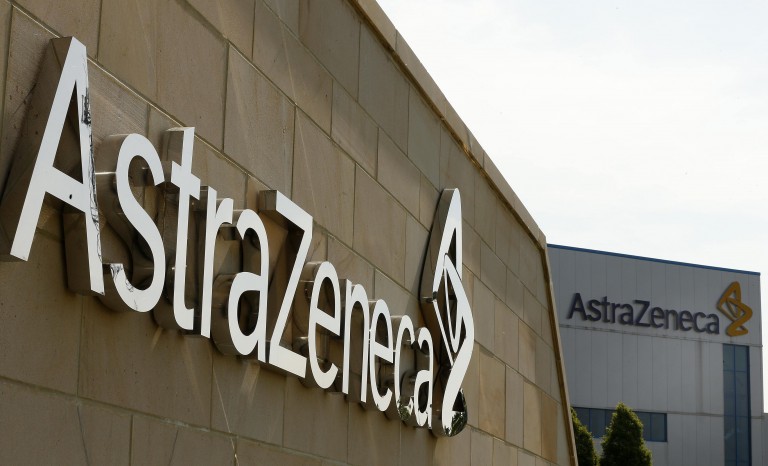
The latest reports have it that the trial of AstraZeneca plc (ADR)(NYSE:AZN) third-line lung cancer ARCTIC will not proceed as scheduled. A company’s spokeswoman has confirmed a delay citing lack of proper observation of clinical events in patients. The eligibility of patients dictated that they must have received at least two previous treatments of immunotherapy drugs.
The results of the trial were expected in the first half of 2017 but an update on the website clinicaltrials.gov points states that the trial will be complete on Nov. 15. “This trial, like most other oncology trials, is event-driven so it is not unusual for the timeline to change slightly,” the spokeswoman explains.
The Phase III trial is assessing the anti-PD-L1 antibody durvalumab
The ARCTIC study is supposed to play various roles. First, it is testing whether or not durvalumab requires any backup. While it has been thought that it can work on its own, there is also an option of combining it with tremelimumab, which is an anti-cytotoxic T-lymphocyte antigen 4 antibody.
To many people, the durva/treme drug cocktail poses a budding multibillion-dollar market opportunity. It could be worth billions especially if it satisfies the endpoint conditions. However, according to Reuters, it has a very small patient population given that it is a third-line treatment.
Investors turn their attention to MYSTIC trial
As a result of the delay of the ARCTIC trial, investors have now re-focused their attention on the MYSTIC trial. Though it has been referred to as a gamble by some analysts, it is particularly evaluating the effectiveness of the same drugs as those of first-line treatment in lung cancer. The trial will put more emphasizes on PFS and overall endurance endpoints in patients with PDL1-.
In the meantime, AstraZeneca is reportedly facing challenges from generic drugs, which has resulted in the decline of its revenue. The market share of its blockbuster anti-cholesterol drug Crestor has been absorbed by generics. Nonetheless, the company says it is optimistic about expanding the use of its PARP inhibitor, Lynparza, which will perhaps change the current revenue status.
Lynparza has been endorsed by the U.S. Food and Drug Administration in the treatment of a type of ovarian cancer. Meanwhile, AstraZeneca’s stock closed at $30.58 witnessing an increase of $0.09 or 0.30%.




